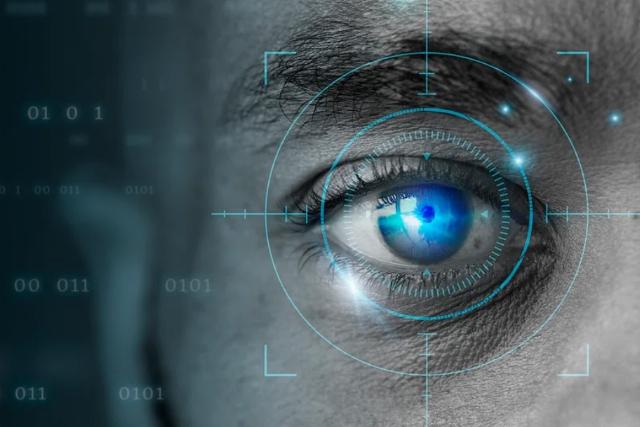AI and ethics
Artificial Intelligence (AI) has become very popular -- and controversial. Congress is looking into the subject, especially AI ethics. Congress has it's work cut out for it.
AI always reflects the ethics of the AI programmer, therefore we (society and Congress) must begin our examination of the ethics of AI by addressing the ethics of the AI programmer. But, in my humble opinion, this ain't gonna happen because ethics, like beauty, is in the eye of the beholder. There are (at least) six branches or schools of ethics: Virtue Ethics (character-based morality [of which there are four forms] -- this branch is the basis for current AI); Deontology Ethics (duties or rules); Applied Ethics (practical moral dilemmas); Metaethical Ethics (nature of moral judgments); Epicurus' type of ethics (pleasure as ultimate goal); Utilitarian Ethics (happiness-based morality). With which branch do we begin our examination?
It's just a matter of time until the other branches of ethics are utilized to provide bases for AI. Will current AI be used to expand into the utilization of these other branches of ethics? If so, we are again at the mercy of the programmer's ethics.
Which branch of ethics do we examine in the programmer? And we really compound the problem when we examine multiple programmers. And do we examine multiple branches of ethics? The possibilities quickly become truly endless. We will need the capability of AI to work through them all. This becomes circular: AI examining AI. We come back to the beginning of this paragraph.
Mankind, without the ethics espoused by God to guide the development of AI, is doomed. God's ethics recognizes that the circumstances of a specific situation (of which there are an infinite number, more than AI can ever anticipate because it isn't prescient) affect how the specific ethic is applied. The best we can hope for without God is that AI programmers follow Issac Asimov's three laws of robotics, of which the first is cited here: A robot may not injure a human being or, through inaction, allow a human being to come to harm.
But then we get into the ethical definitions of 'injury' and 'harm.' We return to using ethics to define these two words. It's unfortunate Asimov is dead because we need him to express a fourth (and fifth and sixth...?) law to be programmed into AI. We also need him to address the ethics of AI.
By the way, the first twenty-seven minutes of this video does a great job of examining AI. The final eighteen minutes does a great job of examining religion.

Image: RawPixel.com
FOLLOW US ON
Recent Articles
- Not in Kansas Any More
- Democrats Dying on the Most Desolate Hills
- If She’s an Astronaut … I’m a Jet Fighter Pilot
- Is the Jihadist Trojan Horse Winning?
- Who Has the Best American Autobiography?
- This Easter, Let Us Renew Our Faith
- Is it Time to Ignore the Judiciary?
- Higher Ed is Fighting Back!
- Easter: the Resurrection of Jesus Transformed the World Forever
- Trump’s vision for technological greatness
Blog Posts
- Democrat's Cloward-Piven default
- A New Mexico judge resigned over allegations that he kept a Tren de Aragua member in his home
- The Pope’s death is leading to yet more anti-Israel and anti-Trump propaganda
- Ivy League college invites antisemitic rapper onto campus
- Pope Francis, RIP
- It’s not really about Abrego Garcia
- When Oregon became Bart Jason
- Post-election lawfare; legislating from the bench
- Oregon pushes trans track
- The Starliner: worse than we thought
- Professional sports leagues push gun control
- Bukele turns his troll power towards Maduro, offers him an exchange
- So-called 'trans women' activists are getting increasingly dangerous
- The unintended message of ‘Adolescence’
- Slaving over a hot keyboard






